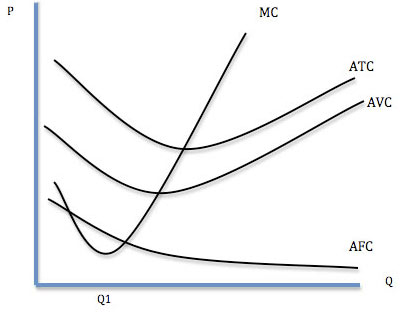Business Ethics
Business ethics refers to the way firms behave with regard to conducting business. Business ethics involves following legal requirements for business, but, also involves considering issues which may be legal but not necessarily beneficial for society. Business Ethics may involve. Treatment of workers, shareholders, stakeholders, suppliers etc Care not to mislead consumers and workers with …

